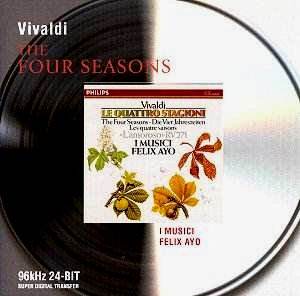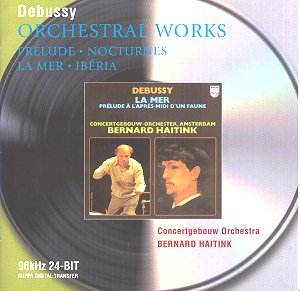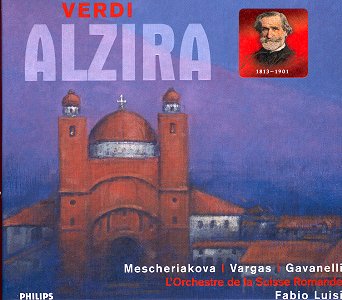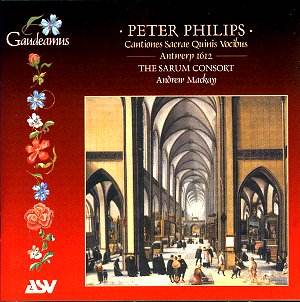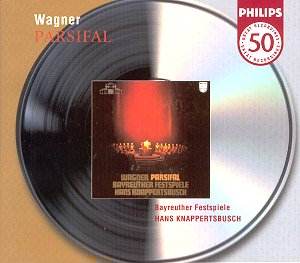 Composer: Richard Wagner (1813-1883)
Composer: Richard Wagner (1813-1883)
Works: Parsifal (1865-1882)
Performers:
Amfortas – George London
Titurel – Martti Talvela
Gurnemanz – Hans Hotter
Parsifal – Jess Thomas
Klingor – Gustav Neidlinger
Kundry – Irene Dalis
Chor und Orchester des Bayreuther Festspiele, Hans Knappertsbusch
Recorded live at the 1962 Bayreuth Festival.
Label: Philips 464 756-2
Format: 4 discs [65’52, 64’16, 59’15, 60’45]
Date: October 2001
In the pantheon of Wagnerian interpretation, the 1962 Bayreuth Festival recording of Parsifal, conducted by Hans Knappertsbusch, remains a monumental achievement, worthy of renewed appreciation in this mid-price reissue from Philips. This performance does not merely recount the tale of the Grail; it weaves an intricate tapestry of sound that evokes the spiritual and the transcendent, much like the opera itself.
Knappertsbusch’s conducting is at the heart of this interpretation. His ability to shape the vast architecture of Parsifal with seamless transitions and fluidity marks this recording as a cornerstone of Wagnerian performance practice. In comparison to his expansive 1951 interpretation, this 1962 rendering reveals a more integrated approach, aligning closely with the tempi of Hermann Levi’s original performance. The Prelude unfolds with a languorous grace, reminiscent of a river gently meandering, creating a meditative space that invites the listener into Wagner’s world.
The orchestral execution is equally remarkable. Knappertsbusch’s unique ability to balance the vivid colors of the orchestration is evident throughout. For instance, in the Transformation Music on disc two (tracks two and three), the orchestral textures emerge with an iridescence that is both delicate and compelling. The high arching strings and sonorous choral projections (notably at 3’30” into disc two, track 3) create a soundscape that is as captivating as it is profound. This is a conductor who understands the dynamics of Wagner’s writing; indeed, Knappertsbusch’s prowess rivals that of contemporaries such as Simon Rattle, who similarly seeks to illuminate the flow of this music.
The cast assembled for this recording is stellar, each singer bringing a profound depth to their roles. Hans Hotter’s portrayal of Gurnemanz is particularly noteworthy; his performance encapsulates the wisdom and warmth of the character. As Robin Holloway aptly noted, Hotter’s interpretation renders every other Gurnemanz “generalized.” The detail in his singing—febrile, golden, and masterful—transports the listener into a realm where each phrase is imbued with meaning.
George London’s Amfortas resonates with palpable anguish and vulnerability. Eleven years post his initial foray into the role, London has grown into a more nuanced interpreter, embodying the character’s suffering with an emotional gravitas that is striking. Jess Thomas, as Parsifal, delivers a performance rich in vigor and intensity, providing the necessary bite that drives the narrative forward. Irene Dalis’s Kundry, despite her physical challenges during the performances, emerges as a formidable presence, showcasing stamina and commitment that elevate her portrayal beyond the merely routine.
Knappertsbusch’s interpretation stands in contrast to some modern iterations, such as that of Christian Thielemann, whose recent Bayreuth Parsifal has been criticized for a lack of depth. Here, Knappertsbusch’s conducting reveals a tautness and a sense of urgency that is often absent in contemporary renditions. The orchestration’s coloring, particularly in the Kundry/Parsifal interactions in Act II and the Gurnemanz/Parsifal scenes in Act III, is unmatched. The horn figuration on disc two, track eight (1’02” onwards), emerges with a stunning clarity, a testament to the conductor’s unerring sense of dynamic balance.
The recording quality, remastered from the original Philips LPs, offers a warmth that enhances the emotional resonance of the performance. The Bayreuth acoustic, unique in its ability to amplify the orchestra’s textures, complements Knappertsbusch’s dynamic vision, creating a sound landscape that is both rich and immersive.
In summary, this 1962 recording of Parsifal is not merely a document of a historical performance; it serves as a vital interpretative touchstone within the Wagnerian canon. Knappertsbusch’s masterful conducting, combined with an extraordinary cast, creates a sublime experience that encapsulates the spiritual essence of Wagner’s work. Coupled with Deryck Cooke’s insightful essay on the opera’s symbolism, this release stands as an indispensable addition to the collections of connoisseurs and newcomers alike. It firmly cements its place as one of the great Wagner recordings of the last fifty years, a luminous reflection on the timeless nature of Parsifal.
